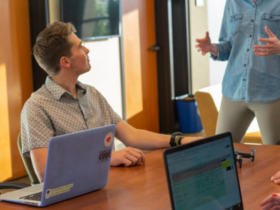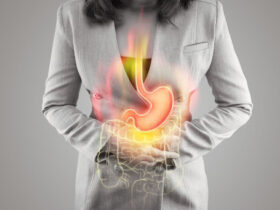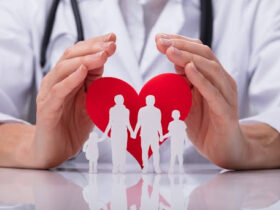Have you ever wondered why cancer risk increases with age?
As the body grows older, cells change, and the chances of harmful growths rise. The immune system also weakens, making it harder to fight off abnormal cells.
Understanding these changes is key to spotting warning signs early and taking action before problems grow. Knowing how aging affects cancer risk can help in making better health choices and getting regular checkups.
Curious to know what steps can lower those risks? Read on.
Aging and Cancer Risks
As people age, their bodies go through many changes that can raise the chance of cancer. The immune system becomes weaker, making it harder to destroy damaged cells.
Over time, exposure to sunlight, pollution, and unhealthy habits can harm cells, leading to possible mutations. Chronic conditions like diabetes and heart disease can also increase cancer risks by causing inflammation.
Because of these factors, older adults must stay alert to any unusual changes in their bodies and talk to doctors about regular checkups and screenings.
Understanding how aging affects cancer development can help prevent serious illness and support early detection, especially in promoting breast cancer awareness for seniors.
The Importance of Early Screenings
Finding cancer early makes treatment easier and more successful. Many cancers grow quietly, with no pain or clear signs at first.
By the time symptoms show up, the illness may already be harder to treat. That’s why regular checkups and screenings are very important for older adults.
Doctors suggest cancer tests based on age, sex, and health history. Women over 50 should get a mammogram every two years to check for breast cancer.
Both men and women should start colon cancer tests around age 45. Men over 50 can talk with their doctor about prostate cancer screening to see if it’s needed.
People who smoke or used to smoke may need a yearly lung scan to find problems early. Talking to a doctor helps decide which tests are best and how often to do them.
Everyone’s body is different, so screenings should match personal health needs. Catching cancer early gives a much better chance of recovery.
Health Tips for Seniors
Besides screenings, daily habits can also lower cancer risk. Eating healthy foods, staying active, and avoiding bad habits are key steps. A diet full of fruits, vegetables, whole grains, and lean meats keeps the body strong and helps fix damaged cells.
Exercise helps control weight, keeps blood flowing well, and supports the immune system. Even light movement like walking or gardening helps.
Avoiding tobacco is one of the best ways to protect your health. Smoking harms almost every part of the body and causes many cancers. Quitting at any age helps your body heal.
Limiting alcohol also matters, since too much drinking can raise the risk of mouth, liver, and breast cancer.
Getting enough sleep, managing stress, and staying in touch with friends or family can also help the body and mind. Small, steady changes in daily life can make a big difference over time.
Staying Informed, Staying Healthy: Taking Charge of Cancer Risks in Later Life
Knowing how aging affects cancer risk helps older adults make better health choices. Getting regular checkups, eating healthy foods, and staying active can help prevent or find cancer early.
Paying attention to body changes keeps you strong and alert. With the right care and knowledge, seniors can protect their health, enjoy daily life, and stay well for many years.
Did you find this article helpful? You can check out our website for more awesome content like this!














Leave a Reply